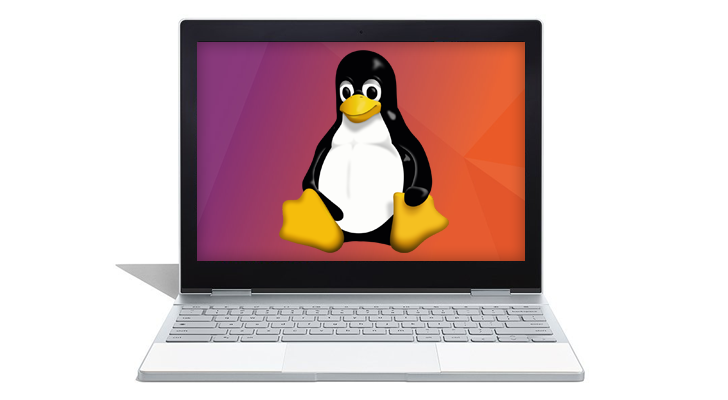The Linux container on Chrome OS has become better and better since it was first introduced last year. It's now possible to run a wide range of Linux desktop software on Chromebooks, even though graphics acceleration still isn't working. Starting today, administrators can enable the Linux container on Chromebooks managed in an organization, opening the doors for schools and businesses to easily use the feature.
Google today made several enterprise-related announcements for Chrome OS, including a much faster Google Admin console and a new series of business-ready Chromebooks from Dell. The company also revealed that organizations can now enable the Linux container on managed Chromebooks:
"As more and more organizations embrace the cloud, they want tools that help their developers work securely and build applications for an increasingly cloud-first world. In 2018, Google announced a project to bring Linux and its ecosystem of development applications, including Android Studio and other integrated development environments (IDEs), to Chromebooks. Now, organizations can enable managed Linux environments on Chromebooks, in beta, with tools to determine who has access, VPN support for internal files, and containers for maximum protection."
This is likely great news to any organization that has deployed Chromebooks to its staff, especially firms involved in IT or software development. The new functionality also means the millions of Chromebooks in education can be used in lessons related to photo editing (with GIMP and other similar tools), tech security, software development, server management, and anything else Linux is capable of.
Perhaps 2019 will finally be The Year of Linux.
Source: Google

